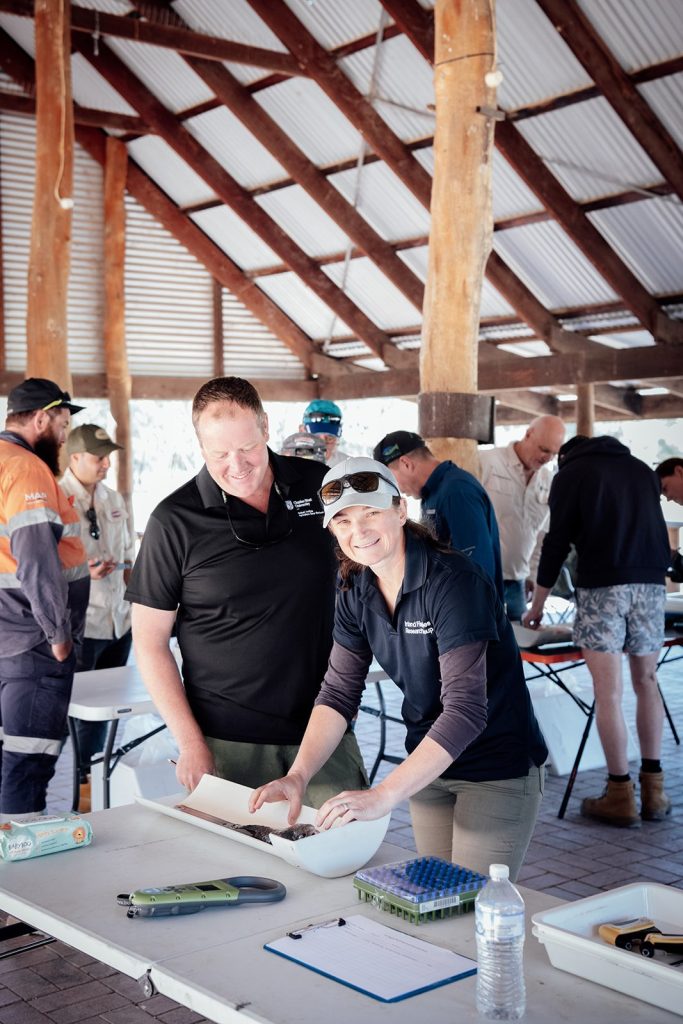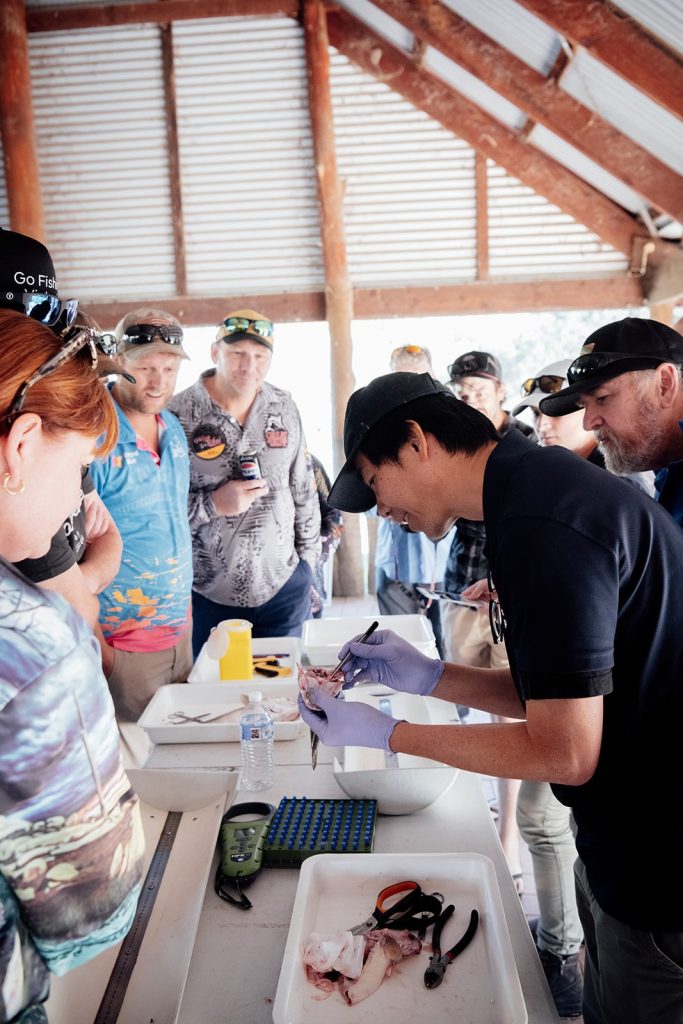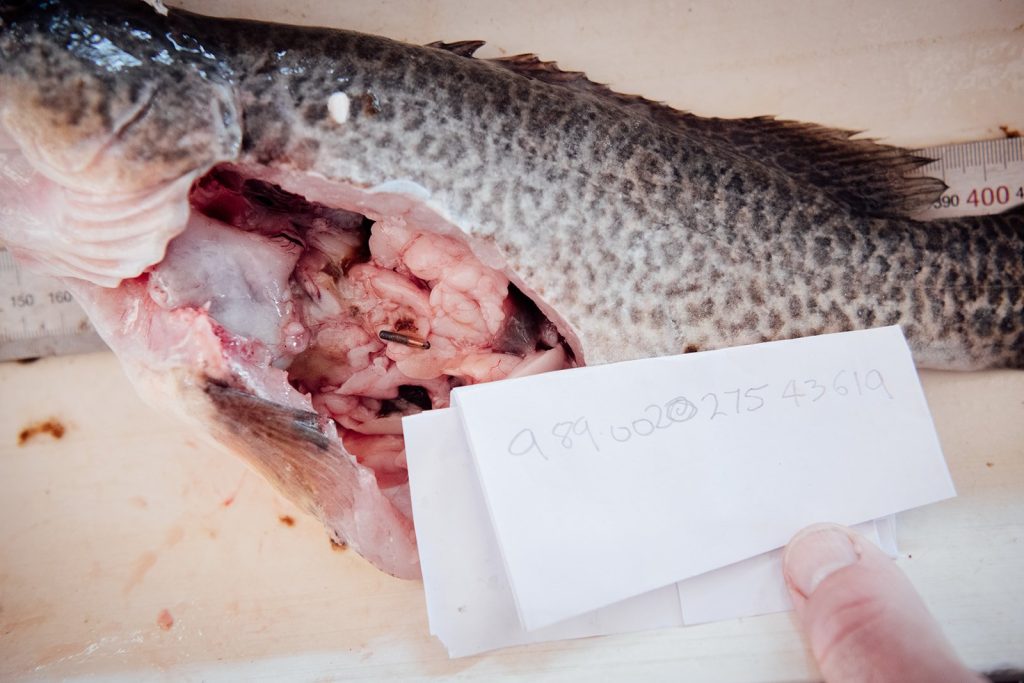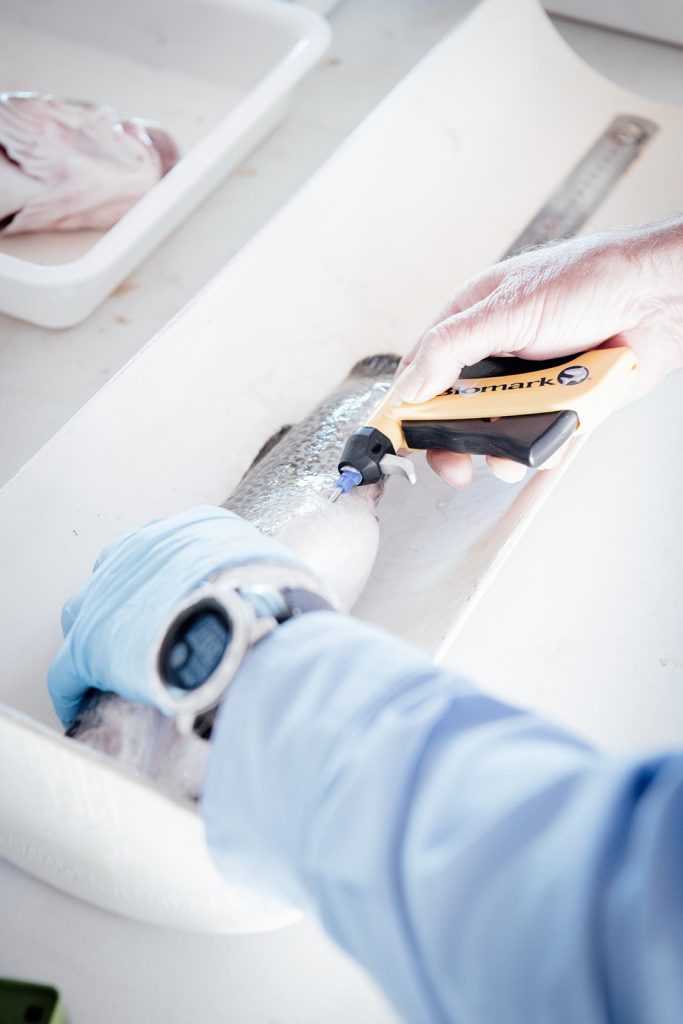Citizen science: Integrating community groups into basin-scale fish tagging and recovery programs
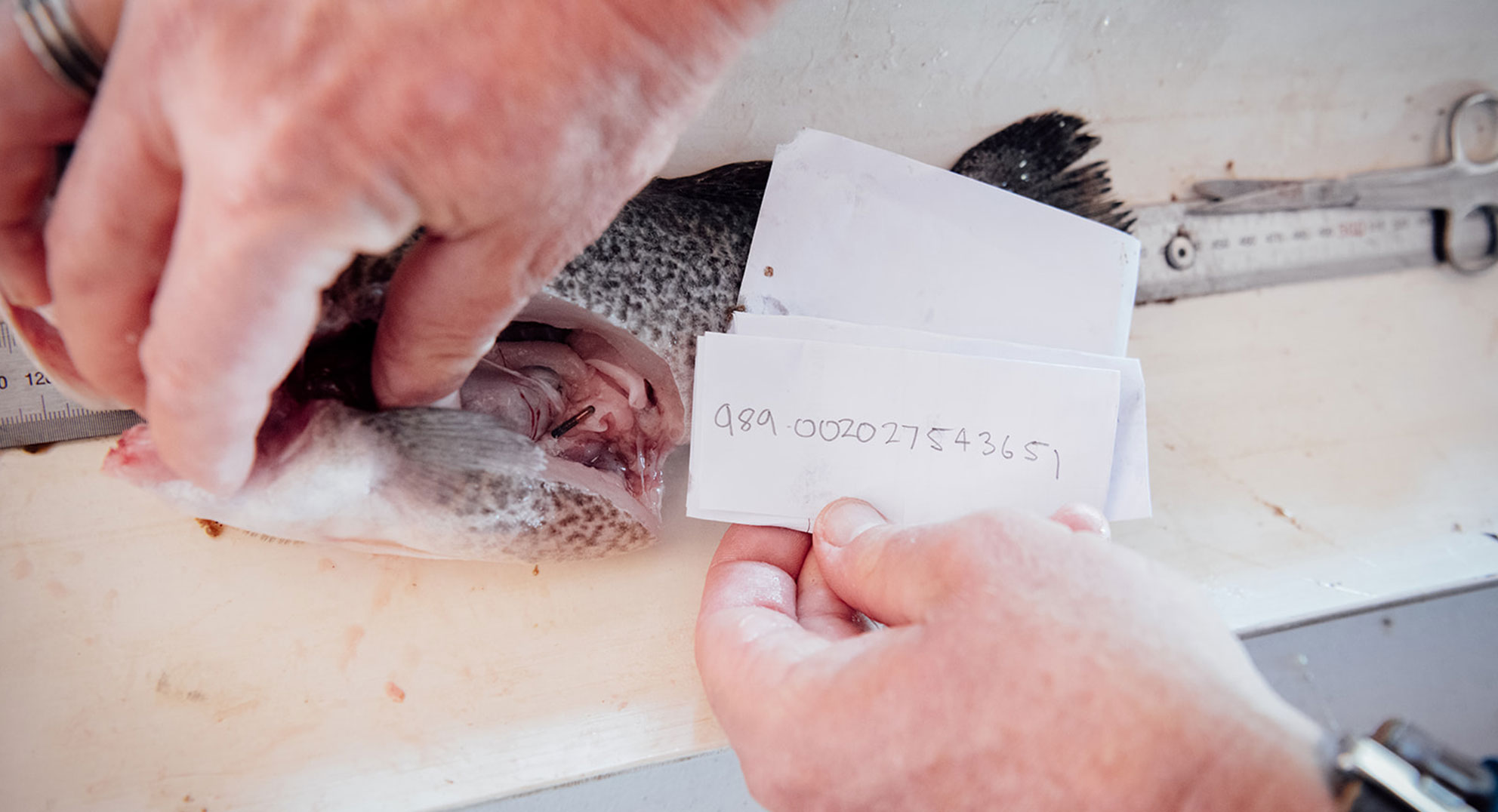
Status
Complete
Project Type
Quickstart
Timeframe
2023 - 2024
Core Partners
Charles Sturt University, OzFish
This citizen science project aims to involve Murray–Darling Basin communities in scientific research, specifically focusing on tagging fish. The project aims to demonstrate that communities – in particular anglers and First Nations people – can effectively participate in scientific projects, and to empower regional communities to conduct work which strengthens fish management and conservation efforts in the face of environmental challenges
About this project
This project addresses a critical gap in fish tagging programs across the Murray–Darling Basin, where traditional government-led efforts have waned since 2012. Despite a sophisticated basin-wide fish detection system, the low number of tagged fish has hindered effective data collection on fish movements in response to environmental changes like watering events.
To bridge this gap, the project proposes training citizen scientists in fish tagging techniques. This initiative aims to significantly increase the number of tagged fish and improve data quality. By adapting and refining a fish tagging course originally developed for the Lower Mekong Basin, the project will prepare local communities, First Nations groups, and recreational anglers to participate as citizen scientists. The goal is to demonstrate to governments that citizen scientists, when properly trained and equipped, can enhance the capacity of scientific programs across the Murray–Darling Basin.
Key steps include:
- Partnering with local stakeholders for implementation of a pilot citizen science program
- Adapting the existing fish tagging course to fit Murray–Darling Basin contexts.
- Conducting short training courses for citizen scientists
- Trialing field implementations at sites in the Edward, Darling, and Murray Rivers
- Implementing a monitoring and evaluation program to demonstrate skills proficiency to government agencies.
The long-term vision is to integrate citizen scientists and river rangers into fish tagging initiatives as trusted partners alongside government. Community engagement will be central, ensuring that local knowledge and cultural values are respected and integrated alongside ecological and health benefits. Industry engagement aims to highlight the economic and cultural importance of fish, enhancing the entire value chain.
Ultimately, the project seeks to scale its successful model across Murray–Darling Basin jurisdictions, potentially influencing federal and international practices in the future. By empowering citizen scientists and fostering collaboration between community groups, government agencies, and academia, the project aims to strengthen fish management and conservation efforts in the face of environmental challenges.
Outcomes
By empowering citizen scientists and fostering collaboration between community groups, government agencies, and academia, the project aims to strengthen fish management and conservation efforts in the face of environmental challenges.
Project Resources
Project Updates
View all updates‘Filling a giant jigsaw’: How citizen science could boost dataflows on native fish and ecological outlooks
Read MoreWebinar recording: Integrating citizen scientists into fish tagging programs in the Murray-Darling Basin
Read MoreHow regional communities are aiding fish recovery in the Murray–Darling Basin
Read More